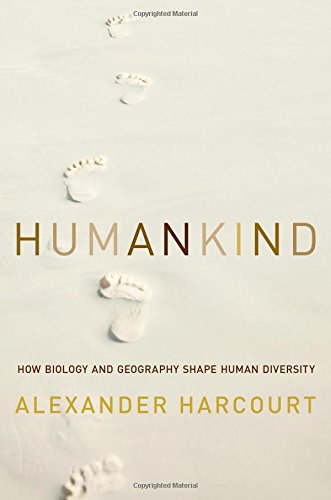

Most ebook files are in PDF format, so you can easily read them using various software such as Foxit Reader or directly on the Google Chrome browser.
Some ebook files are released by publishers in other formats such as .awz, .mobi, .epub, .fb2, etc. You may need to install specific software to read these formats on mobile/PC, such as Calibre.
Please read the tutorial at this link: https://ebookbell.com/faq
We offer FREE conversion to the popular formats you request; however, this may take some time. Therefore, right after payment, please email us, and we will try to provide the service as quickly as possible.
For some exceptional file formats or broken links (if any), please refrain from opening any disputes. Instead, email us first, and we will try to assist within a maximum of 6 hours.
EbookBell Team

0.0
0 reviewsAn innovative and illuminating look at how the evolution of the human species has been shaped by the world around us, from anatomy and physiology, to cultural diversity and population density.
Where did the human species originate? Why are tropical peoples much more diverse than those at polar latitudes? Why can only Japanese peoples digest seaweed? How are darker skin, sunlight, and fertility related? Did Neanderthals and Homo Sapiens ever interbreed? In Humankind, U. C. Davis professor Alexander Harcourt answers these questions and more, as he explains how the expansion of the human species around the globe and our interaction with our environment explains much about why humans differ from one region of the world to another, not only biologically, but culturally.
What effects have other species had on the distribution of humans around the world, and we, in turn, on their distribution? And how have human populations affected each other’s geography, even existence? For the first time in a single book, Alexander Harcourt brings these topics together to help us understand why we are, what we are, where we are.
It turns out that when one looks at humanity's expansion around the world, and in the biological explanations for our geographic diversity, we humans are often just another primate. Humanity's distribution around the world and the type of organism we are today has been shaped by the same biogeographical forces that shape other species.